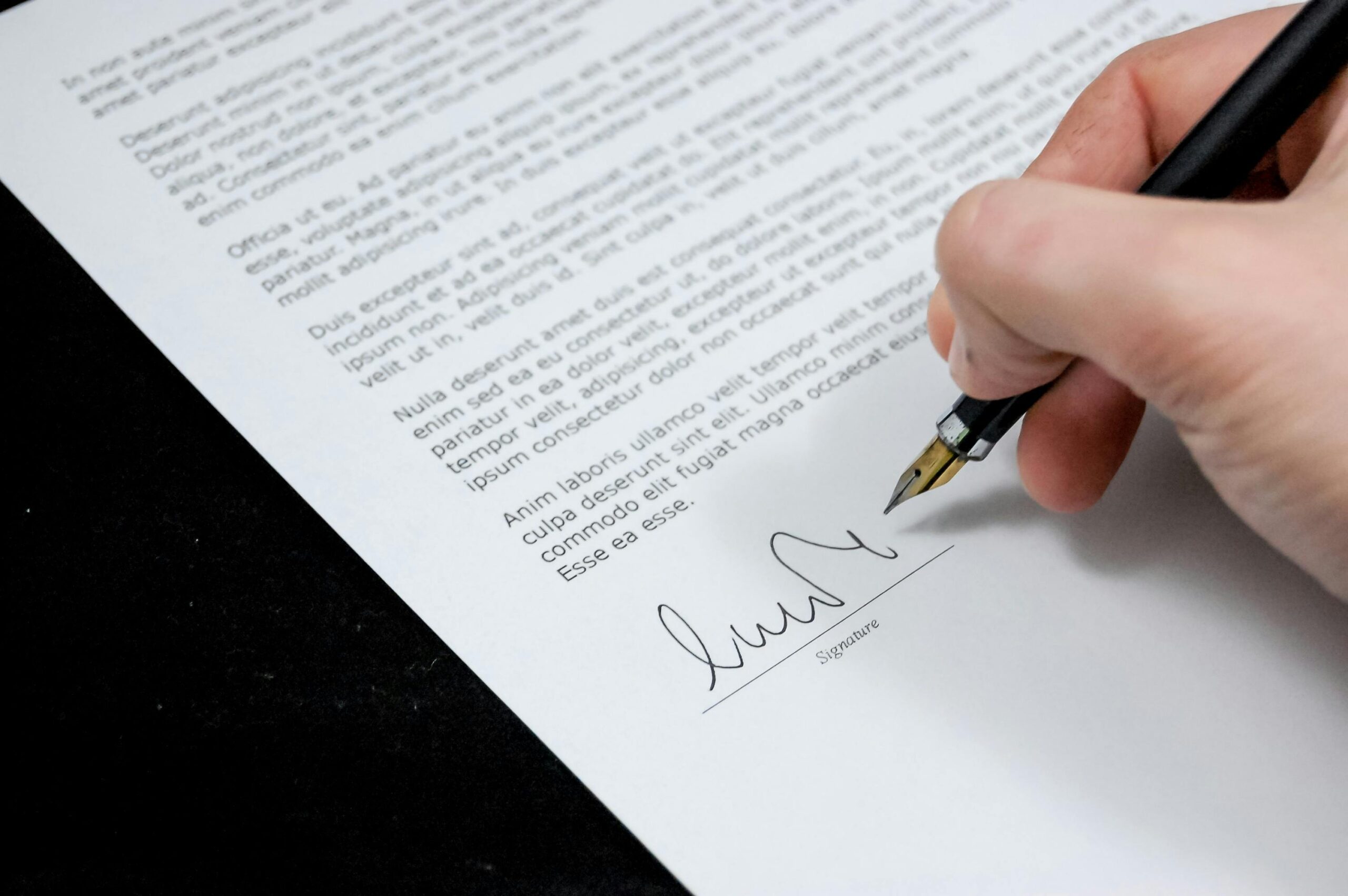A will is a legal document that reflects a person’s wishes for the distribution of their estate after death. However, if a will fails to comply with legal standards, or is influenced by misconduct, it may be ruled invalid. When this happens, the deceased’s intentions may be disregarded, and their estate could be distributed according to intestate succession laws, leading to unwanted outcomes and family disputes.
This guide outlines the key reasons why a will might be invalid in South African law, the consequences that follow, and how you can avoid these issues to ensure your final wishes are respected.
What Is a Will?
In legal terms, a will (or testament) is a written instrument that outlines how a person wants their assets divided upon death. In South Africa, wills are governed primarily by the Wills Act 7 of 1953 and the Intestate Succession Act 81 of 1987.
For a will to be legally valid, it must meet the following criteria:
- It must be in writing;
- It must be signed by the testator (or on their behalf under specific conditions);
- It must be signed in the presence of two competent witnesses who are present at the same time.
Failure to meet these requirements can result in the will being declared invalid.
What Can Invalidate a Will?
Below are the most common legal issues that can cause a will to be rejected by the courts:
1. Incorrect Signing or Witnessing
If the testator does not sign each page and the final page of the will, or if the witnesses are not present simultaneously and do not sign in each other’s presence, the will may be ruled invalid. Witnesses must be over 14 and competent to give evidence.
2. Lack of Mental Capacity
A will is only valid if the person drafting it is of sound mind and at least 16 years old. If the testator was mentally impaired, under heavy medication, or lacked the ability to understand the document’s meaning, the will can be challenged on the grounds of incapacity.
3. Coercion or Undue Pressure
Wills influenced by threats, manipulation, or psychological pressure, especially involving elderly or vulnerable individuals, may be set aside. Courts look for signs that the contents of the will were not the testator’s true, voluntary intentions.
4. Forgery or Fraud
If a will was altered without the testator’s knowledge, or entirely fabricated, it is automatically invalid. Common red flags include forged signatures or documents created under false pretences.
5. Confusing or Contradictory Language
Although vague wording doesn’t always invalidate a will, inconsistencies or unclear terms can lead to legal uncertainty. If a court cannot interpret the testator’s true intent, it may render some or all provisions unenforceable.
6. Beneficiaries Who Act as Witnesses
While this doesn’t void the entire will, it does impact any benefit left to the witness or their spouse. This technical oversight can lead to unintended disinheritance of someone the testator wished to benefit.
7. Missing or Improperly Amended Pages
Loose pages, missing content, or handwritten changes without the required signatures and witness validation can invalidate a will. Amendments must be formally executed, with initials and signatures from the testator and both witnesses.
What Happens if a Will Is Declared Invalid?
If a court finds a will invalid, the deceased’s estate may be handled as though no will exists, leading to the following outcomes:
- Distribution under intestate succession: The estate will be divided among heirs according to the Intestate Succession Act, which may not reflect the deceased’s wishes.
- Increased risk of family disputes: A contested estate often leads to litigation between family members, delaying resolution and increasing costs.
- Possibility of forfeiture to the state: If no rightful heirs can be found within 30 years, the estate may ultimately pass to the state.
- Executor complications: Without a valid will, executors may need court intervention or deal with multiple claims to the estate.
How to Ensure Your Will Is Legally Valid
To avoid the risk of your will being overturned, follow these key best practices:
- Ensure the will is in writing and properly signed by the testator;
- Use two qualified witnesses, who are not beneficiaries;
- Confirm the testator is of sound mind and not under pressure;
- Avoid vague language and contradictory clauses;
- Have all amendments signed and witnessed correctly;
- Review and update your will regularly, especially after marriage, divorce, or the birth of a child;
- Store the original will in a secure, accessible location (e.g. with your attorney or the Master’s Office).
Final Word
An invalid will can unravel your estate plan, place your loved ones in conflict, and shift control of your assets to laws you didn’t choose. Whether you are drafting a will for the first time or updating an existing one, attention to detail is essential.
If you’re uncertain about whether your will meets the legal requirements or you’re involved in a will dispute, consult a legal professional. At Mayet & Associates, our estate planning team ensures your will is legally sound, comprehensive, and fully aligned with your intentions. Contact us to help safeguard your legacy and secure peace of mind for your loved ones.






